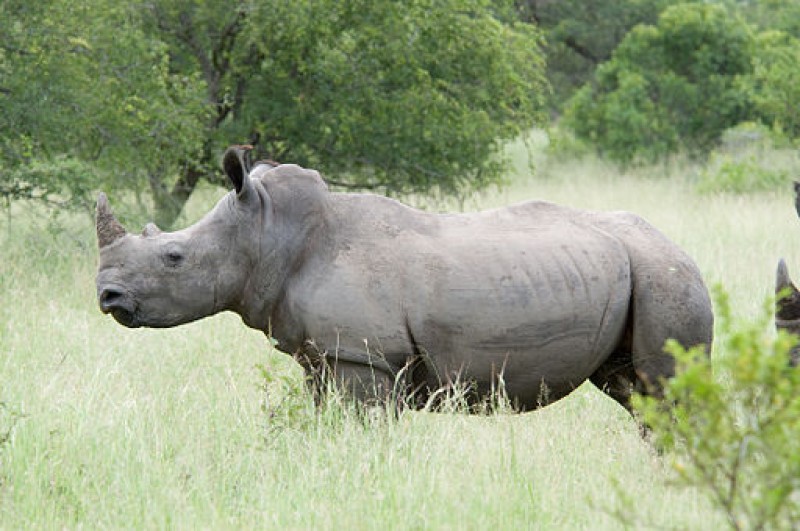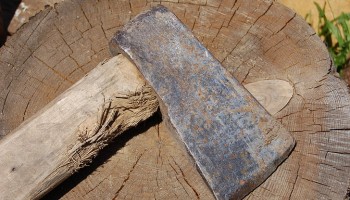From January to June 2018, 386 rhinos had been killed, as compared to 318 between January and June of this year. Over half of the rhinos poached in 2019 were killed in Kruger National Park, a vast game reserve in the northwest corner of the country.
However, there were 1,202 “incursions or poacher activities” within park boundaries over that same period, indicating officials did prevent hundreds of possible deaths.
“Although the battle to end poaching is far from over, we are proud to say that our efforts as a government, as private rhino owners, and as concerned citizens, are paying dividends as we continue to implement the Integrated Strategic Approach to the management of rhino,” said Barbara Creecy, Minister of Environment, Forestry and Fisheries, as quoted in the statement.
Collaboration between NGOs, law enforcement, and private stakeholders has assisted the anti-poaching movement, reported the statement.
Rhinos are a significant draw for tourism and an icon of African conservation, and joint protection efforts have prompted increased legal and political cooperation between disparate agencies and environmental groups.
“We will redouble our efforts to make sure that communities who live on the borders of our parks benefit from conservation and the biodiversity economy so they are not vulnerable to recruitment by syndicated poaching operations,” said Creecy.
Over 80 percent of rhinos alive today live in South Africa, according to Siyabona Africa, a South African tour agency. And of the five remaining rhino species, two reside there - the black rhino and the white rhino.
Rhinos are poached for their horns, which are widely believed to possess medicinal qualities in Vietnam and China. There is, however, no evidence to support the medicinal use of rhino horn, according to Save the Rhino.






